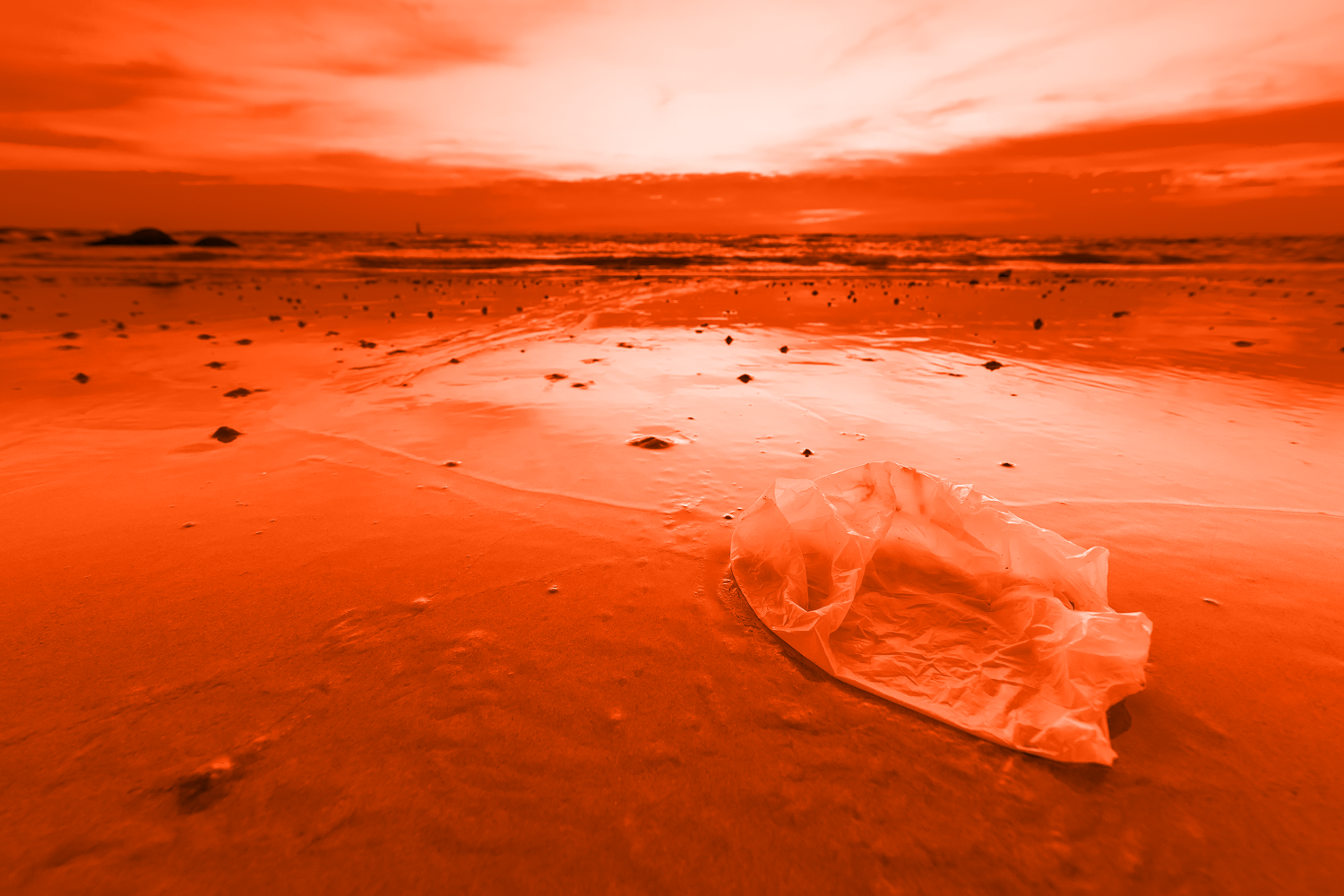Single-use bags are an especially insidious source of plastic pollution for a cornucopia of reasons. They are difficult to recycle, can jam up machinery at waste processing facilities, and are especially deadly for animals like sea turtles and birds who can confuse them for food. They also degrade into microplastics, spurring myriad impacts on human health and the environment.
For all these reasons, the ubiquitous polymer sacks have been the subject of nationwide bans and restrictions in places like China, Rwanda, and the EU. In the U.S. we use about 4.2 million tons of ’em a year, which has spurred around a dozen states and a handful of individual communities to put laws in place that either prohibit or tax their use.
But how effective are these bans? A new report in the journal Science has added to a growing body of evidence in support of legislating against the use of the throwaways. Here’s what you need to know—and what you can do to slow the roll of plastic bag pollution in your community.
A solution, not a silver bullet
For this new study, the researchers dug into trash data collected from 45,067 shoreline cleanups between 2016 to 2023. They analyzed the findings by ZIP code to compare the litter in 182 areas with bag policies in place—such as Hawaii, Colorado, and Oregon—to those without. They found that the percentage of bags in the trash scooped up at the shoreline was 25% to 47% lower in locations with bans in place compared to places without them.
There is a caveat, however: While plastic bags in those areas may be going down as a proportion of litter, plastic pollution in general is still going up—and in locales that don’t have these policies, the portion of bags is rising at an even faster clip. “Plastic bag litter along shores is going up in jurisdictions under a policy, but just less quickly than places without it,” says Kimbery Oremus, one of the study authors and associate professor at the University of Delaware’s School of Marine Science and Policy. “So it’s not solving the problem by any means, it’s just slowing down the increase.”
The authors did, however, find common ground in what makes some bans more effective than others. Tougher or “complete” bans—such as New York’s statewide rule—that also restrict thicker “reusable” plastic sacks and/or institute higher bag fees had the best results, says Anna Papp, an environmental economist and co-author of the study. Bans also appear to work better the longer they’re in place: The researchers looked at policies as far back as 2008, but rules in places like Nantucket and San Francisco date back even further.
What you can do to curb bag pollution
Even if you live in a place without a plastic bag ban on the books, there’s a lot you can do to help address plastic bag pollution—and even push further for plastic waste reduction overall.
BYOBag
It seems almost too obvious to say, but it’s important: Bring your own reusable bag to the grocery store—or anywhere you shop. And if by some forgetful happenstance you do end up with a plastic bag, remember that we define what is or is not “single use:” Those flimsy bags are great for dog poop, trash, and even crafts.
Get on the ban-wagon
Support policies that ban or limit plastic bags in your community, city, or state. This packaging policy tool from company S. Walter Packaging can help you follow what’s going on, and if you see something coming up near you, take a second to look up your local legislators and give them a call or email. (Remember, calls tend to be more effective than writing.)
Push for nationwide change
Call or email your Representative and Senators and ask them to co-sponsor legislation like the Break Free from Plastic Pollution Act, which has been stalled in congressional committees for more than a year. This law would require producers to develop plans to manage their own plastic waste and issue a permitting moratorium on new plastic production facilities, among other measures.
Go trash picking
If you’re able, participate in a shoreline cleanup with the Ocean Conservancy, Ocean Wise, or other local organization. Not only do these events help you connect with your community, they also provide researchers like Oremus and Papp with the data they need to not only understand the scale of pollution, but also measure its impacts on critical ecosystems.

